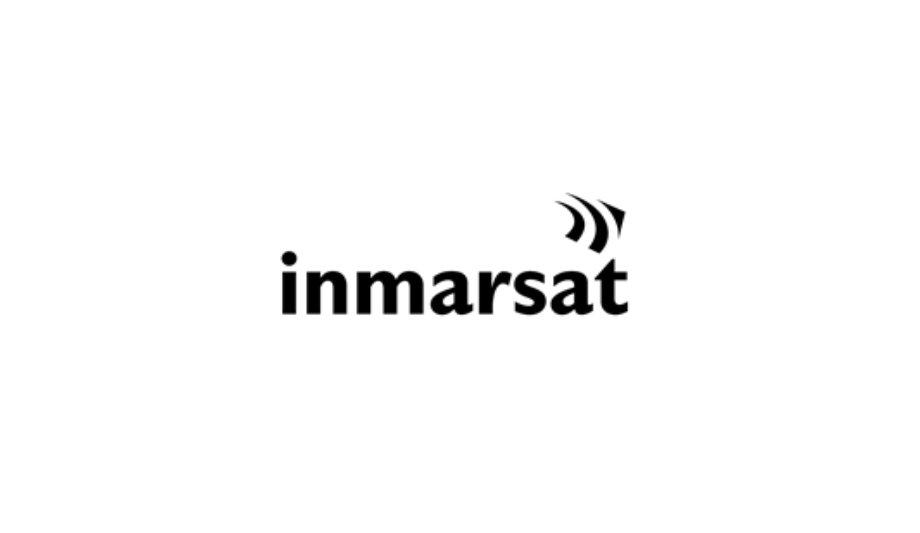The OceanGate Expeditions 2021 Titanic Survey Expedition was connected by Inmarsat’s critical satellite communications.
Inmarsat, the global front-runner in mobile satellite communications, kept the OceanGate Expeditions crew connected with team members and support services during the six-week expedition to document the important maritime heritage site located over 400 miles off the coast of Newfoundland in the North Atlantic Ocean.
Satisfactory customer service
“The OceanGate Expeditions’ Titanic Survey Expedition has taken Inmarsat full circle,” said Eric Griffin, VP Offshore and High-End Fishing, Inmarsat. “In response to the sinking of the Titanic and the appalling loss of life, the 1914 Safety of Life at Sea (SOLAS) Convention developed a radiotelegraphy requirement for vessels to be equipped with radio equipment for continuous communications."
The International Maritime Organization set up Inmarsat to provide reliable satellite communications
"In 1979, the International Maritime Organization set up Inmarsat to provide reliable satellite communications to mariners as an extension of this original requirement. Today, we are proud to have worked with the team at OceanGate Expeditions to make these communications available at high speeds via Inmarsat’s Fleet Xpress service for their operations and to have played a role in the important scientific and documentary work they are performing.”
Mission success
“In any expeditionary environment your crew needs to plan for and be prepared for the unexpected,” says Stockton Rush, President, OceanGate Expeditions.
“The ability to communicate with onshore crewmembers from the expedition support vessel makes a significant difference toward achieving mission success. Whether simply requesting parts and supplies we needed throughout the expedition, tracking our dive crews during hours-long dives in the OceanGate Inc. submersible, Titan, or ensuring the welfare of our crewmembers as they stayed in touch with family and friends back home, communications were essential for our operations. Our supporting Mission Specialists also appreciated the ability to maintain contact and share their experiences,” says Rush.
